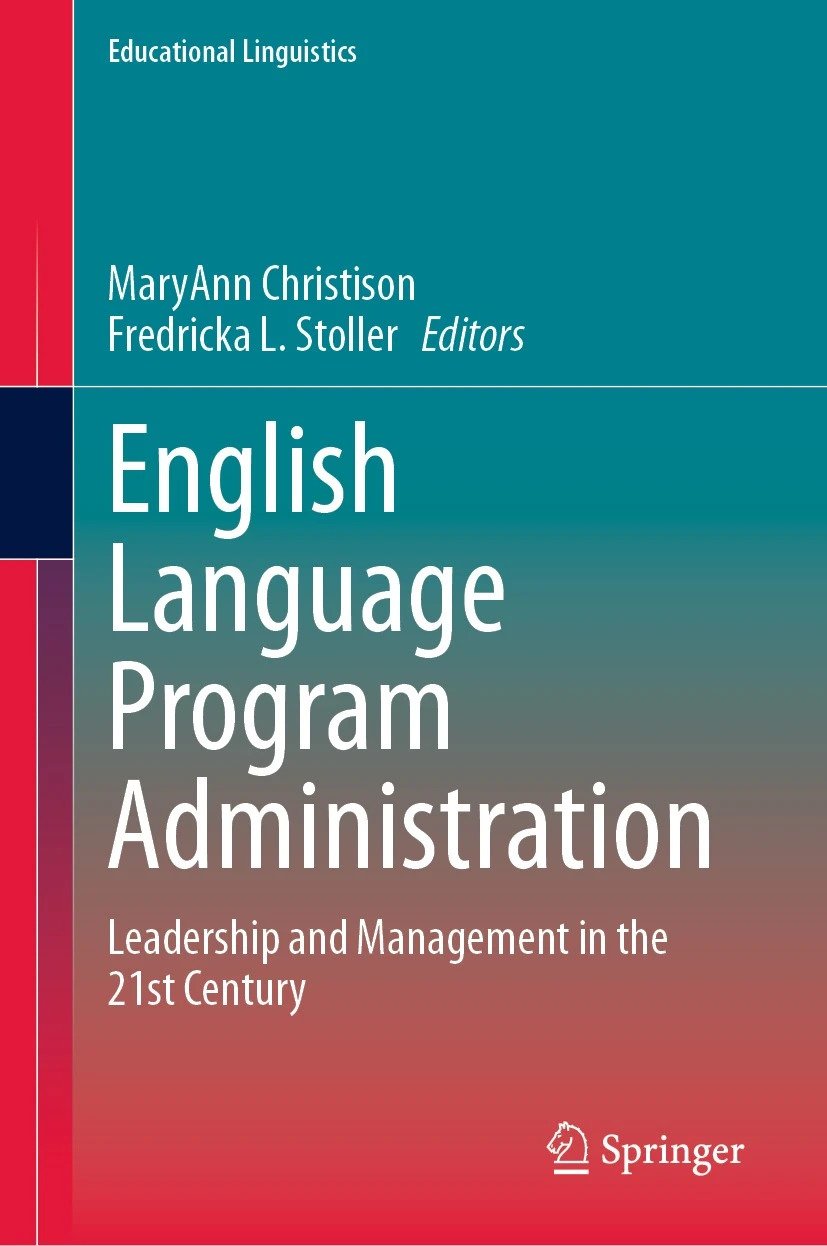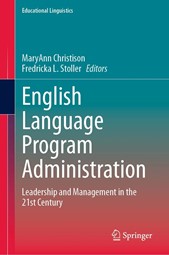High quality marks International House schools out from the competition. But what does quality mean and how do you get it?

 Beccy Wigglesworth, Director of Member Services, and lead for the quality systems within IHWO, with co-author Thom Kiddle (Director of Norwich Institute for Language Education (NILE)), tackle these questions in the newly published book “English Language Program Administration: Leadership and Management in the 21st Century”.
Beccy Wigglesworth, Director of Member Services, and lead for the quality systems within IHWO, with co-author Thom Kiddle (Director of Norwich Institute for Language Education (NILE)), tackle these questions in the newly published book “English Language Program Administration: Leadership and Management in the 21st Century”.
Beccy and Thom suggest a four-step process for considering quality in organisations, which centres around the full learner experience.
Quality is not about passing an inspection; it is what clients see and experience every day. The quality of a product or service is the perception that a customer has about it.
Every company tries to say its products or services are high quality, but what does that mean? Delivering the right quality will determine whether you have any paying customers (i.e., students) booking language programs, rebooking, and recommending them to their friends and colleagues in the future.
The approach advocates a four-step process to ensure quality:
- Step One: Understand what you already do. This is your baseline.
- Step Two: Understand what matters to your customers.
- Step Three: Plan, set targets, keep doing the good stuff, and make changes where necessary.
- Step Four: Measure. And keep improving.
Step One: Understand what you already do.
When looking to improve your quality of delivery, you are not starting from scratch. You need to ask where your quality highs and lows are at the moment. Is it clear, strategically, what your organisation wants to be known for, and is this vision transparently expressed? Does your organisation have stated values? Could refocusing a strategic statement help to define quality principles which put the learner and their outcomes at the heart of your operations?
Step Two: Understand what matters to your customers.
It is crucial to remember that quality is in the eye of the beholder. There is a significant temptation within academic settings to concentrate primarily on what happens in the classroom. This is not the whole story - they experience an initial welcome and enrolment, they interact with support staff over absences, administrative and technical queries, and they need clarification on assessments and exam procedures. Their opinions on all of these stages will affect their overall assessment of the organisation’s quality.
Step Three: Plan, set targets, and make changes.
When you have some insights into what matters to your customers, what next? Firstly, keep on doing the good stuff! Then look realistically at what areas could be improved. This requires a balancing of ambition and practical reality in terms of time, costs, and potential areas of resistance from your organisation. You will almost certainly need to compromise on things you want to change and decide which areas you will work on to improve. Some changes can be implemented in the short to medium term (six to twelve months), and some make take longer (one to two years).
Step Four: Measure. And keep improving.
Measurement can be external (external inspections which may be graded or not) but practically the most useful and timely are your own internal measures such as customer satisfaction and re-enrolment rates.
When you have chosen your measures, keep measuring, keep innovating, and keep improving.
English Language Program Administration: Leadership and Management in the 21st Century
Kiddle, T., Wigglesworth, B. (2023). The Promoter of Quality. In: Christison, M., Stoller, F.L. (eds) English Language Program Administration. Educational Linguistics, vol 59. Springer, Cham. https://doi.org/10.1007/978-3-031-28601-8_7
Beccy Wigglesworth is Director of Member Services for International House World Organisation responsible for implementing the IH quality framework and the wide range of services available to International House schools around the world. Her view of quality, with the customer at the centre, has been framed after analysing the operations of private language schools across all continents. She is a member of the board of AQUEDUTO (the Association for Quality Education and Training Online).
Thom Kiddle is Director of Norwich Institute for Language Education (NILE), involved in teacher training, organisational management and strategic development projects worldwide, including the NILE Online teacher development programmes. He is Chair of Eaquals and founding director of AQUEDUTO (the Association for Quality Education and Training Online).